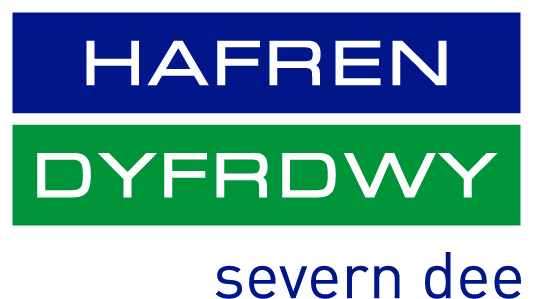My Account
Understanding the highway drainage charge
There have recently been some small changes to the way we explain your bill and how the costs are broken down.
You’ll notice that on your bill there is now a charge for Highway Drainage.
This is something that has always been part of your bill amount, however we’re now showing it in the bill breakdown to make how your bill is calculated more transparent.
These changes are mandatory for all water companies and have been requested by our industry’s regulator, Ofwat, so customers across the country can see where their money goes.
Explaining highway drainage
Highway drainage is water that drains from any roads and footpaths that flow into public drainage systems.
Most of you will have already been paying for highway drainage in your waste water charge, however to make it clear how we’re charging you, we’ve now itemised this on your bill.
Why highway drainage and surface water drainage are separate charges
It’s important to understand that you’re not paying for the same thing twice with these charges.
They are similar, but there is an important difference:
- The surface water drainage charge covers water that drains from homes and private property, into our sewers.
- The highway drainage charge covers water that drains from the public roads, into our sewers.
Highway drainage benefits all customers
Public roads are used in many ways. This can include transporting goods, products or services via the road, as well as personal journeys and commuting.
This means that any customers who use the roads directly or indirectly will benefit from highway drainage, and so we charge a contribution to this for all of our customers.
Why you pay a highway drainage charge as part of your water bill
All of our customers who are connected to our sewerage network pay the same amount for highway drainage, which helps make sure everybody is paying a fair amount.
Anyone who uses the road network, directly or indirectly, will benefit from highway drainage.
The charge covers any water that flows into our sewer system that we would treat at our treatment works.
If you don’t think you’re connected to any public sewers, and so shouldn’t have to pay for highway drainage, please let us know and we can investigate this for you.
You don’t pay a highway drainage charge if you’re not connected to the sewers
Some of you won’t be connected to a public sewer, for example you have a septic tank. This means you’re less dependent on the network and we wouldn’t charge you for highway drainage.
We’re only allowed to charge you for the services you receive from us, so let us know if you think you’re not connected to our sewer network. We’ll investigate and make sure you pay a fair amount depending on your connection status.
Customers with a soakaway do pay highway drainage
A soakaway is one way of draining surface water from a property. It’s a hole dug in the ground, filled with coarse stone and rubble. Surface water drains into this hole and filters through the stone, then soaks away into the surrounding land.
If you have a soakaway, you’ll often be able to reduce or remove your surface water drainage charge.
However, the highway drainage charge is separate to this and is not affected by your soakaway. Highway drainage is water that drains directly from public roads into our sewers.
If your property isn’t connected for surface water drainage, but is connected to our sewers, you’ll still benefit from highway drainage, which is why you pay this as part of your bill.
Responsibility for highway flooding
Your local council or highways agency will be able to help with any road or highway flooding, while we look after the sewerage pipes underneath the road.
The highway drainage charge helps to cover the cost of treating the water that flows into our sewers from the road. However, it’s your local council or highways agency who are responsible for maintaining the gullies that drain
water into our sewers.
A highway gully is the large pot in the ground covered by a metal grid usually found at the edge of a road
